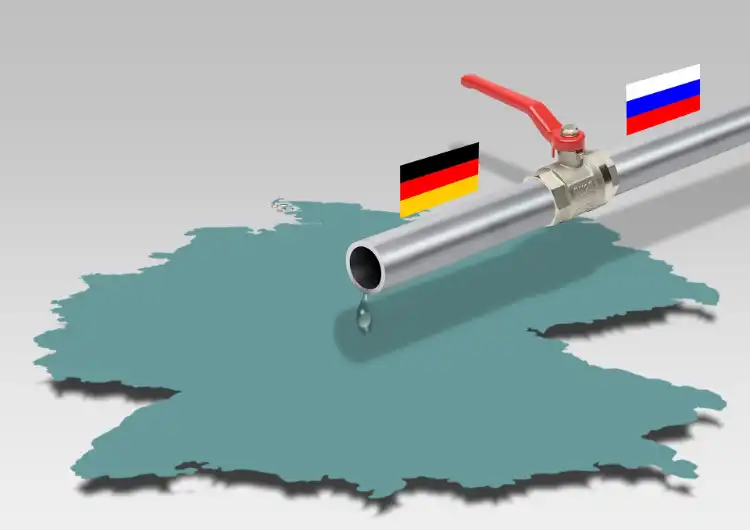As the European Union’s sanctions on Russian oil are about to kick in next week, the measure could result in price shocks on the global market, The Economist reported on Friday. The EU has agreed on a $60-per-barrel price cap on Russian seaborne oil.
According to the report, European insurers and shipping firms have long had a “vice-like hold” on energy markets. Fully 95% of property and indemnity insurance for all oil tankers has been handled by firms from the UK and the EU. This appeared to be a lever with which the West could control the sale of Russian oil globally.
However, if Russian oil fails to make it to the market, then global oil prices may spike, hurting Western consumers, the outlet writes. “Hence America’s Treasury Department has since devised a cunning plan to water it down: to let European firms continue to offer their services, provided the oil involved is bought at a suppressed price set by the West.”
Everything depends on how Moscow responds, according to the Economist report, which warns the Kremlin could cut its oil exports, relying on a smaller group of non-Western tankers and insurers, and sending global prices spiraling.
“The other uncertainty is how much power the West will ultimately wield over global oil markets.”
The report noted that countries such as China, India and Indonesia want to avoid participating in Western sanctions and embargoes. They are reportedly seeking alternative sources of day-to-day insurance–and, because the ban was announced six months ago, “have had time to prepare.”
According to The Economist, the “true balance of power” in oil markets will become apparent after December 5, with a “violent price spike” possible.
“Just as financial sanctions have energized attempts to evade the Western banking system, so the war will lead China, India and others to circumvent the West’s energy infrastructure. As weapons, sanctions and embargoes have their limits–and a finite shelf-life,” the outlet concludes.


